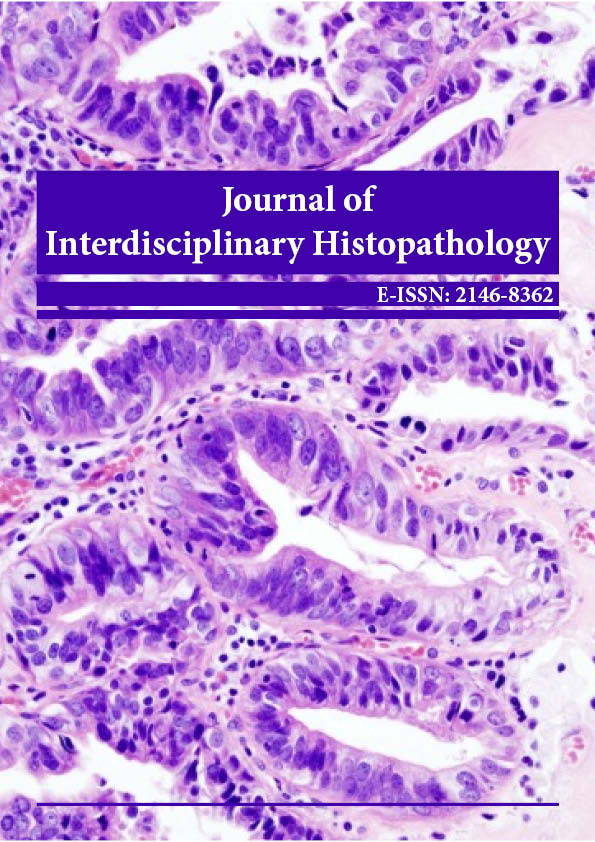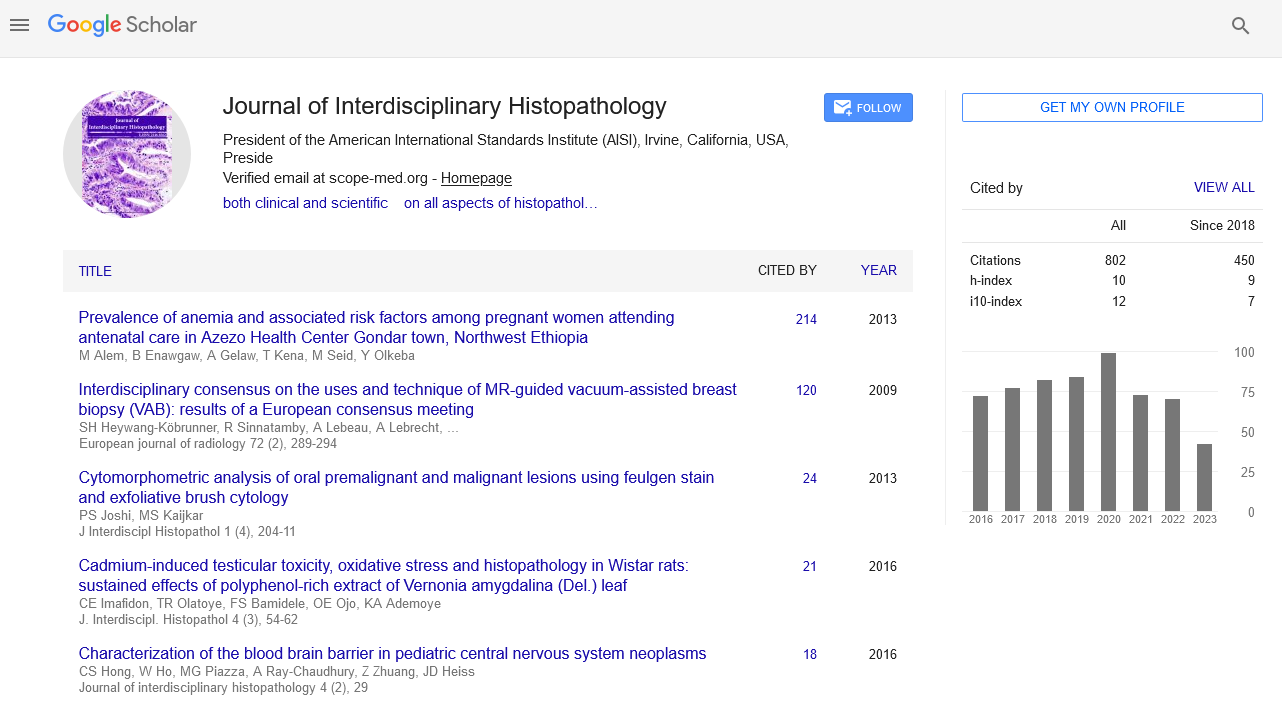Th e administration of hydroethanolic extract of Cordia ecalyculata Vell. at different doses promotes reproductive toxicity in adult male rats
Abstract
Lucas Giglio Colli, Mirian Campos Dos Santos, J├â┬ęssica Tambor,Isabel Cristina Cherici Camargo
Popular use of Cordia ecalyculata extract is increasing due to its potential in inhibiting appetite. Its side effects on reproduction have not yet been reported. Thus, for the first time, this study investigated the potential reproductive toxicity of different doses of C. ecalyculata extract in adult male rats (n = 12/group), which received hydroethanolic extract of C. ecalyculata at 20, 100, or 400 mg/kg of body weight (b.w.) or distilled water (control group), orally (gavage) for 60 consecutive days. The testicular and epididymal tissue, sperm morphology, fertility, and pregnancy outcome were evaluated. The results showed that food consumption decreased significantly in the groups that received 20 or 400 mg/kg of extract, but b.w. was similar (P > 0.05) in all experimental groups. No significant alteration was observed in testicular weight. At the 400 mg/kg dose, the epididymal relative weight increased (P < 0.05), compared to the control group. There were several histopathological changes in testes and epididymis at all extract doses. In addition, the percentage of abnormal gametes increased (P < 0.05) and the gestation rate decreased (P < 0.05). In conclusion, the C. ecalyculata extract promotes reproductive toxicity in rats, but with no dose-dependent effect.
PDF





